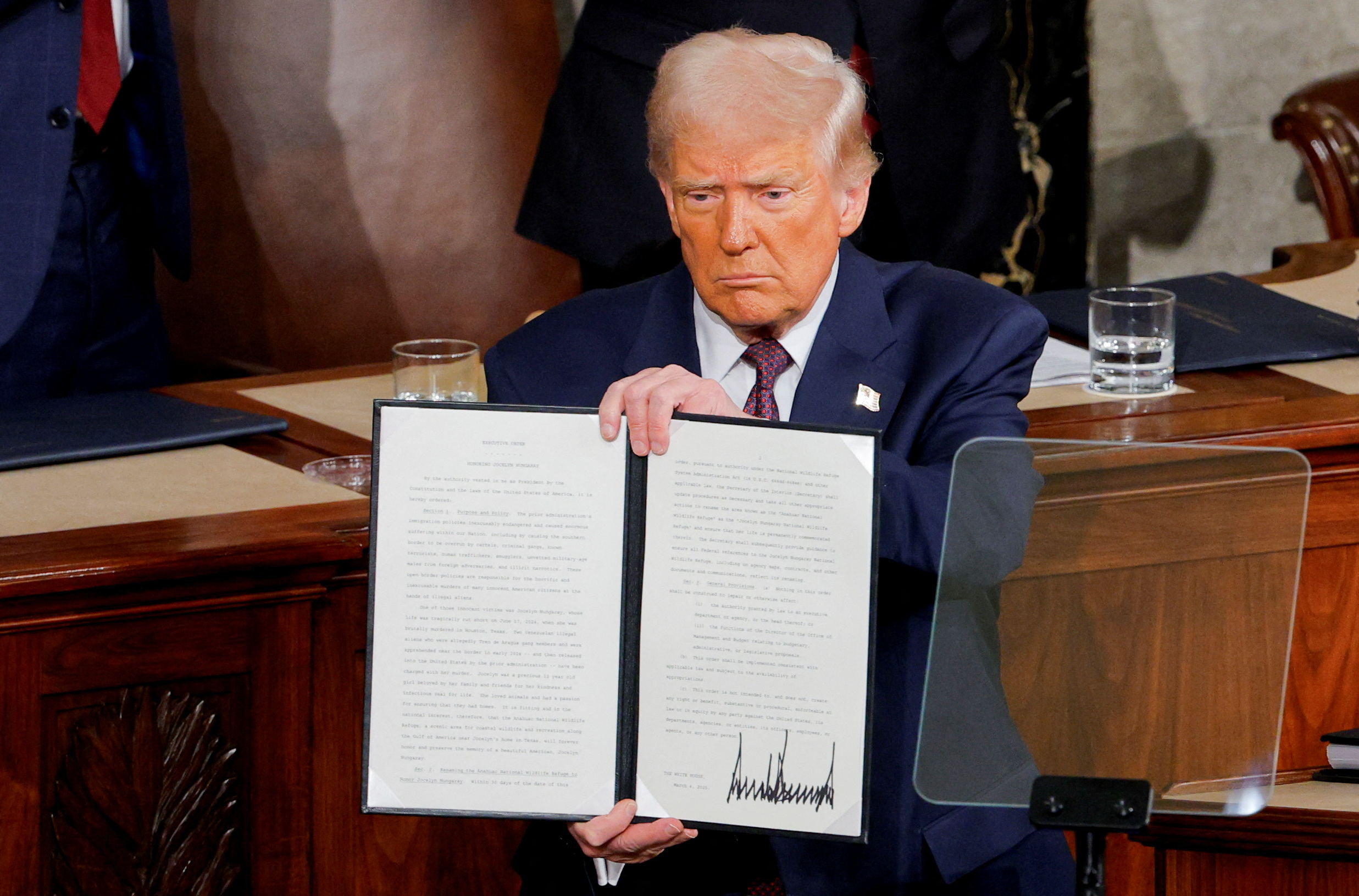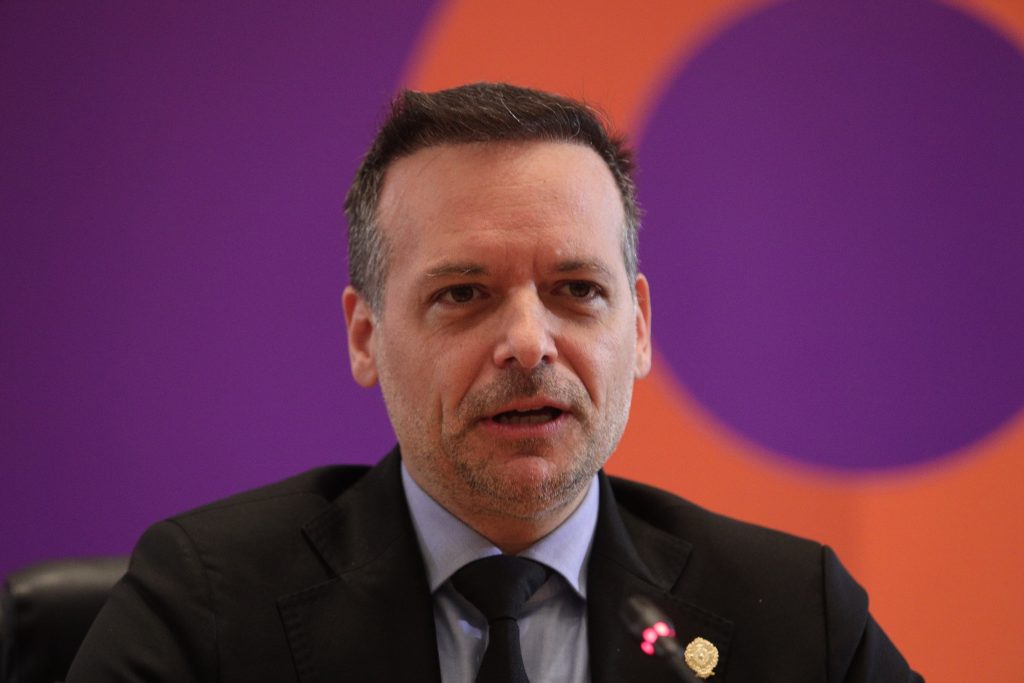Donald Trump plans to lift the temporary legal refugee status for roughly 240,000 Ukrainians who had fled to the US after Russia invaded the country in 2022 which would mean they would face fast-track deportation procedures, Reuters reports.
The move, expected to be enforced until April, overturns the welcome the Ukrainian refugees received under the Biden administration.
Plans to upend the legal status of Ukrainian refugees were already in motion before last week’s public spat between the U.S. President and Volodymyr Zelensky at the White House. The initiative is part of the broader effort by the new U.S. administration to revoke humanitarian parole protections granted to over 1.8 million migrants who entered the country under temporary programs launched during the Biden administration.
In addition to 240,000 Ukrainians who fled the Russian invasion and the 530,000 Cuban, Haitian, Nicaraguan, and Venezuelan migrants, these programs also protected over 70,000 Afghans who escaped the Taliban takeover.
Tricia McLaughlin, Assistant Secretary for Public Affairs (DHS), stated that no official announcements have been made yet. The White House and the Ukrainian Embassy did not respond to requests for comment from Reuters.
An executive order issued by Donald Trump on January 20 instructed DHS to “terminate all parole programs.”
As part of this directive, the administration plans to revoke legal status for approximately 530,000 Cuban, Haitian, Nicaraguan, and Venezuelan migrants as early as this month. The plan was first reported by CBS News.
Under current U.S. immigration law, individuals who cross the border illegally can be subjected to expedited removal for up to two years after their entry. However, for those who entered through legal ports of entry under humanitarian parole—without being formally “admitted” into the U.S.—there is no time limit for deportation.
Another 1 million migrants were expected to enter the U.S. legally through border crossing programs, while thousands more benefited from smaller initiatives, such as family reunification parole programs for specific individuals from Latin America and the Caribbean.



